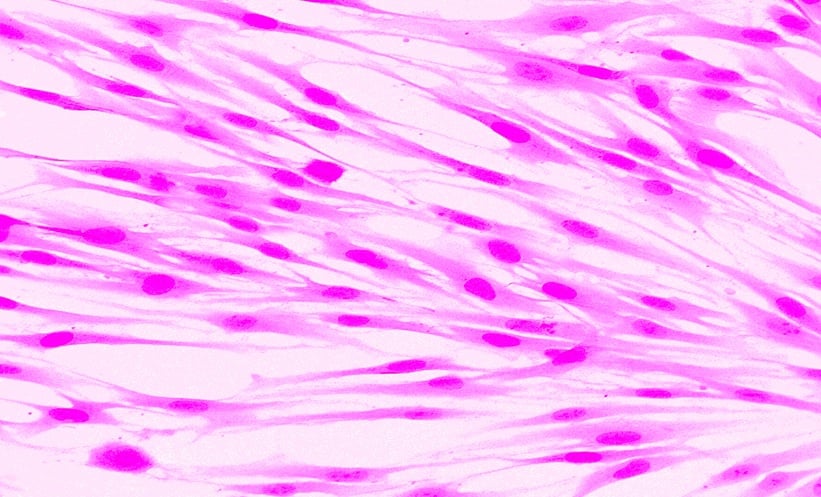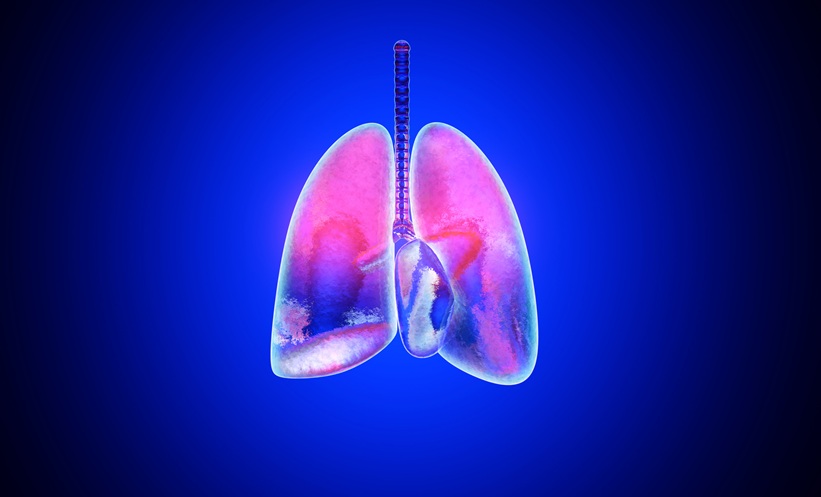A STUDY presented at EULAR 2025 has revealed a strong pro-inflammatory gene signature in fibroblasts from patients with very early systemic sclerosis (veSSc), offering new insight into the earliest stages of this complex autoimmune condition.
Researchers from the University Hospital Zurich and collaborators across Europe used single-cell RNA sequencing to examine over 60,000 skin cells from patients with veSSc, early fibrotic SSc, and healthy controls. Their goal was to better understand what drives the transition from the earliest symptoms of systemic sclerosis to full-blown fibrotic disease.
In patients with veSSc, fibroblasts showed high levels of immune-related gene activity, particularly in pathways involving MHC class II, cytokines, and chemokines. Among the most upregulated genes were HLA-DRA, HLA-DPA1, CXCL9, and CD74, markers known for their role in immune activation and inflammation.
Interestingly, while these early-stage fibroblasts were clearly pro-inflammatory, they did not yet express a fibrotic signature, something that only appeared in the early established SSc group. The researchers also identified a specific fibroblast subcluster (cluster 1) driving this inflammatory behavior, with enhanced communication predicted between fibroblasts and T cells through ligand-receptor signaling.
The authors suggest that this early immune activation may be a key event in disease progression, offering a possible window for intervention. Targeting these pro-inflammatory fibroblast pathways could delay or prevent the development of fibrosis in systemic sclerosis.
Reference
Li L et al. Single-Cell RNA Sequencing Identifies a Prominent Pro-Inflammatory Gene Signature in Fibroblasts of Very Early Systemic Sclerosis. Abstract: POS0246. EULAR Congress, 11-14th June, 2025.








